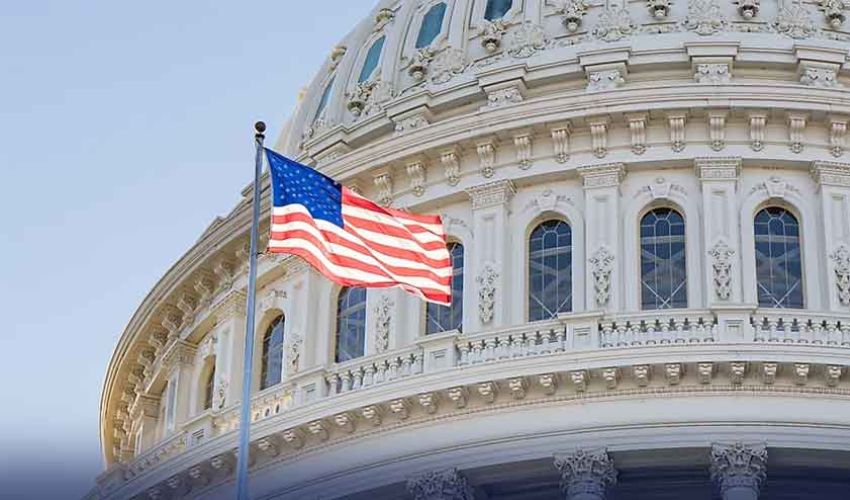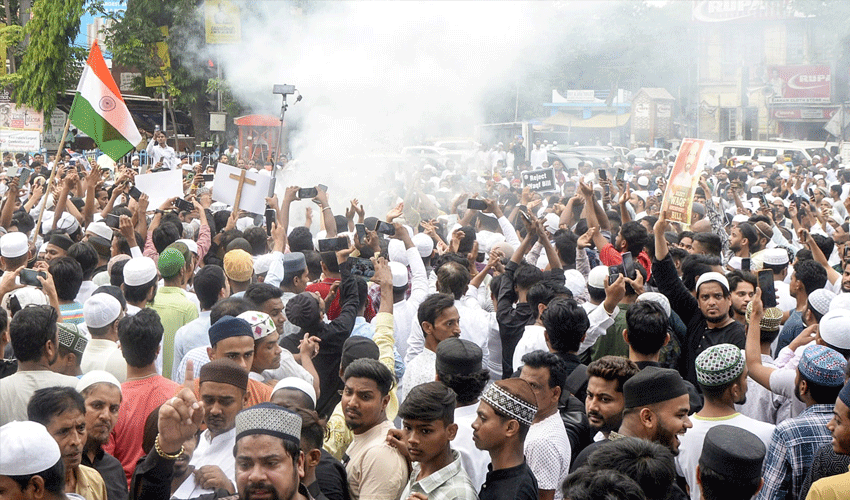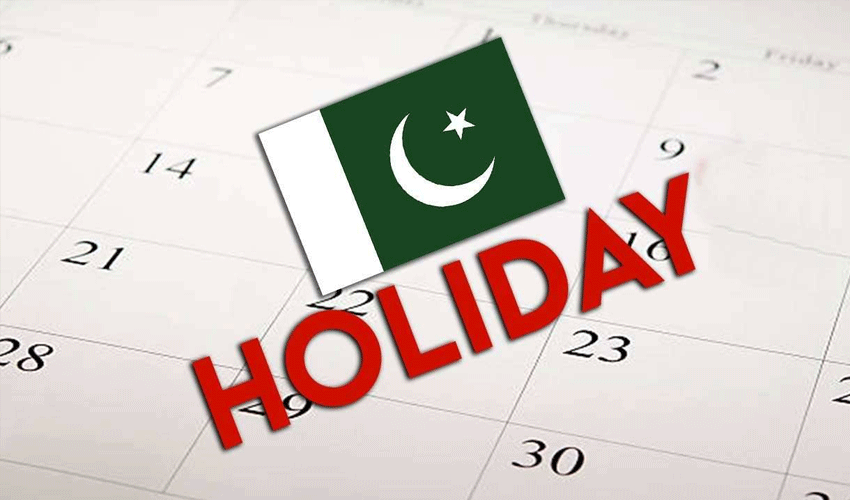As Pakistan and the International Monetary Fund (IMF) continue to be engaged in negotiations for a new bailout package, the discussions also focus on extending poverty alleviation and social security programs to address the needs of vulnerable segments of society.
The IMF has demanded an expansion of coverage for poverty alleviation programs such as the Benazir Income Support Program (BISP), with an emphasis on ensuring transparency and accountability in their implementation. The IMF has urged an increase in the budget allocation for cash transfer programs as much as possible.
Also Read: IMF wants govt to increase fines on unregistered traders, tax for non-filers
According to officials, Pakistan plans to allocate Rs472 billion for BISP this year, and has committed to the IMF to persuade the provinces to share the burden of social security initiatives. Additionally, there are plans to protect BISP beneficiaries through cash transfer programs related to electricity tariffs in the future.
Furthermore, Pakistan aims to include 20 million households in a fully functional dynamic registry by September 2024.
In recent briefings to the IMF, it was revealed that the number of BISP beneficiaries has reached 9.3 million, with an additional 300,000 families to be included in the sponsorship programs this year. Moreover, 900,000 families have been registered in the health cash transfer program, while 1.9 million children have been enrolled in the Education Cash Transfer Program.
Also Read: Pakistan assures IMF of increasing basic electricity tariff
Looking ahead, the gathering was told, Pakistan intends to allocate more funds for social security programs in the next financial year.
The IMF has also appreciated the improvements made in social security programs in recent years but has stressed the need to enhance the administrative capacity of BISP to ensure effective implementation.
As negotiations continue between Pakistan and the IMF, the focus remains on bolstering social security measures to provide essential support to those most in need, thereby contributing to poverty reduction and inclusive development efforts in the country.



























